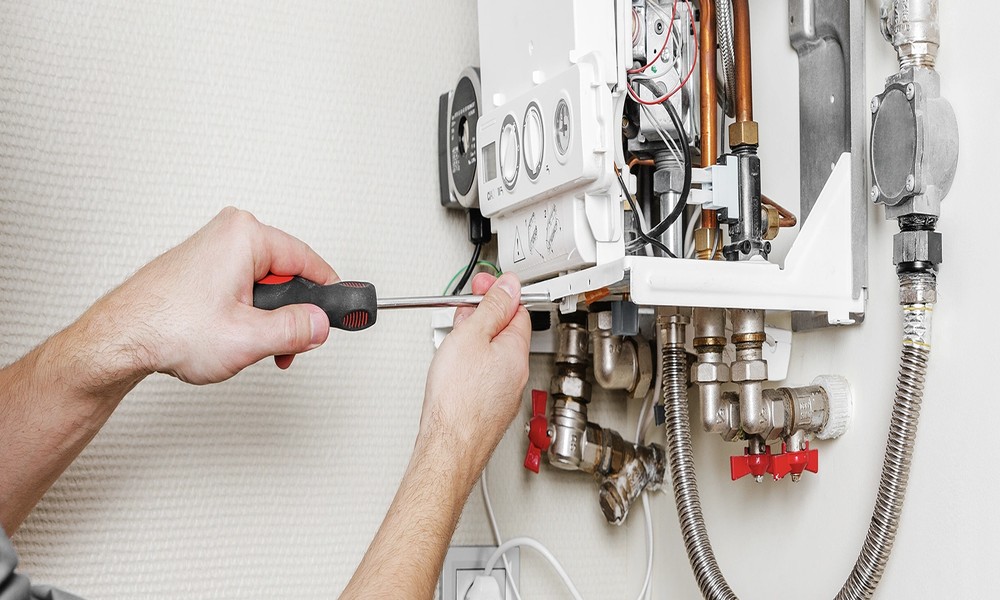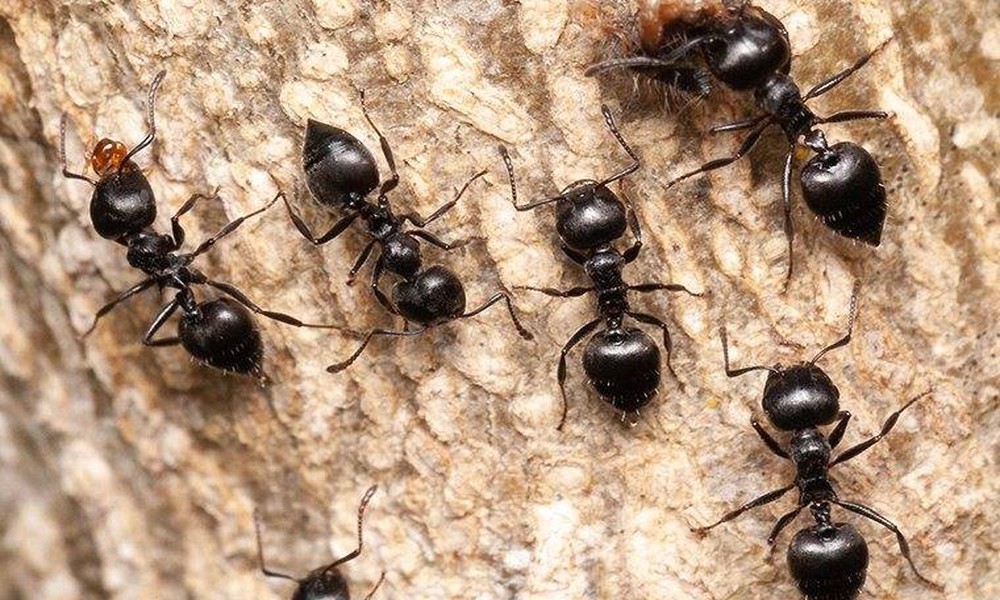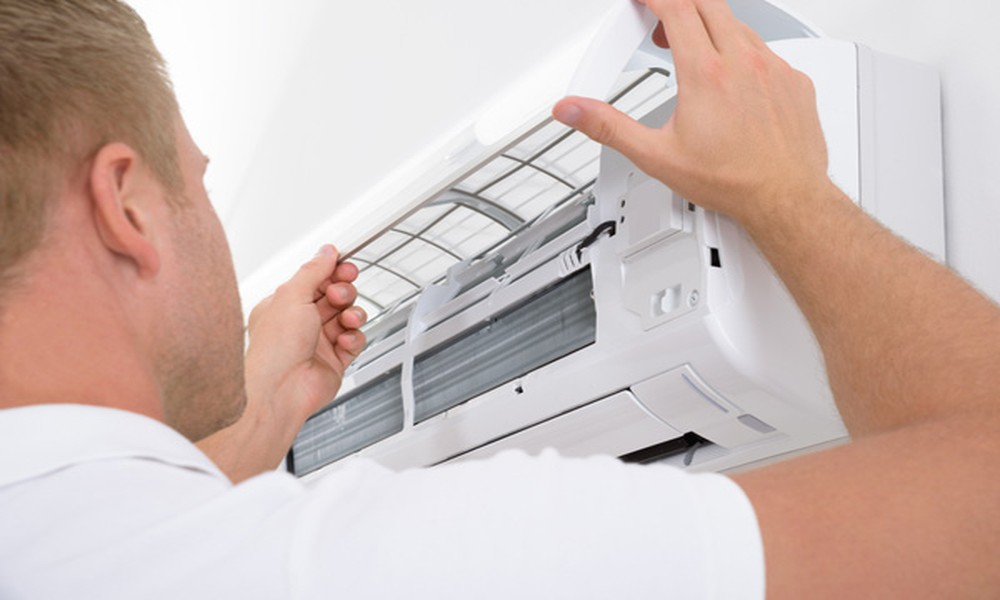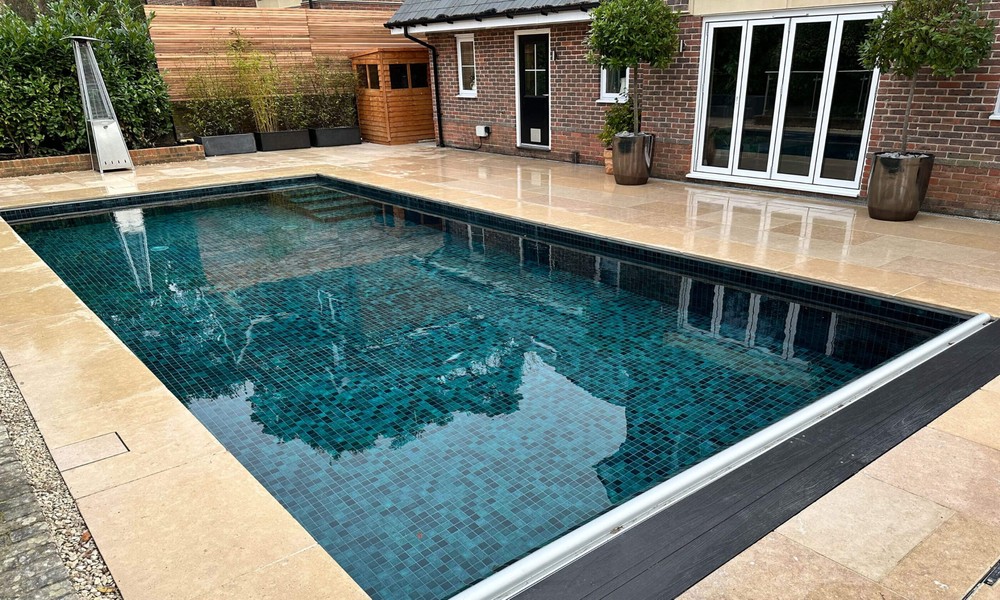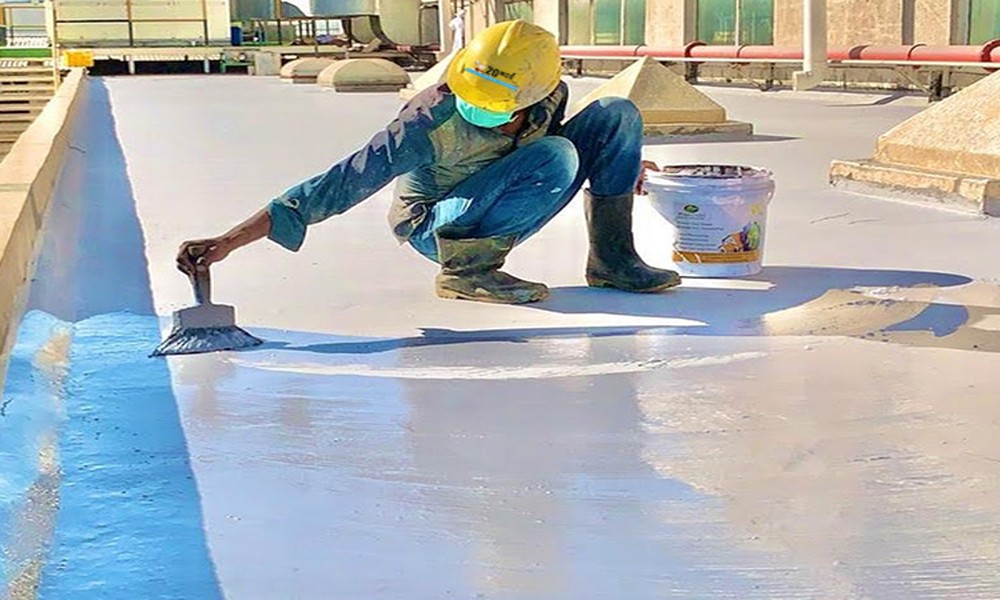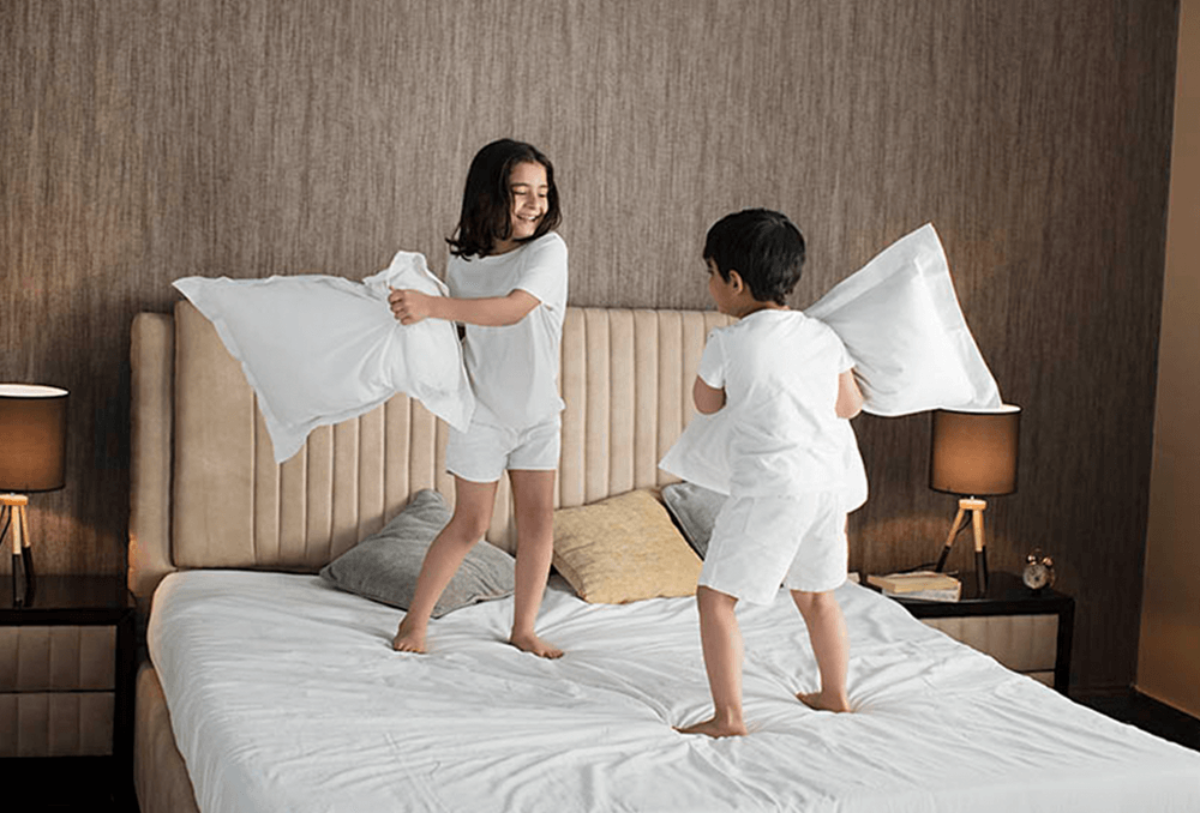
You will have purchased a new bed before and be familiar with the process, but when choosing a child’s mattress, different pre-requisites come to the fore.
Your child can’t tell you what they want from their mattress, so you will have to tap into your parenting skills to make the correct decision.
It doesn’t have to be complicated or stressful, as our guide below will help you make the best choices.
How do I choose the correct mattress for my child?
The perfect mattress for your child will be determined by age, physical size, developmental level, and personal preferences. We will help you through the whole process.
Mattress Size
There is no “correct” mattress size for your child, and you will need to take into account how fast your child is growing, how long you intend to keep the mattress and how the mattress will be used in the future.
Mattress Materials
We all want the best for our children, which reflects our choice of a child’s mattress.
Choose a mattress made from raw materials such as latex, bamboo silk, hemp, or other natural material. These are less likely to cause any allergic reactions.
The chemicals found in many synthetic-based mattresses can exacerbate existing health conditions such as breathing problems like asthma and skin irritations like eczema.
Comfort level
The comfort level of a child’s mattress is an interesting topic as it deals with how your child prefers to sleep. How comfortable the mattress will be will depend on the favourite sleeping position of your child. Children who sleep on their backs prefer firmer mattresses to side sleepers. If you have a “fidget”, who moves a lot during the night, check the bed has a fair balance of supports across the whole mattress.
Edge Support
The edge support is an essential consideration for more minor children in choosing a mattress for a child. Edge support refers to how “stiff” or secure feeling the bed is at the edge. If your child likes to sleep near the edge of the mattress, they need to feel that it can support them and they will not roll off the mattress. A soft-edged mattress can also make it more difficult for your child to get in and out of bed unaided.
Mattress Thickness
If your child struggles to get in and out of bed unaided, it might assist them if the mattress is thinner. Thinner does not mean less supportive. Parents may be drawn towards thicker mattresses, but your child is significantly lighter than adults and does not need a super thick mattress to get a fully supported, comfortable sleep.
Remember that good, regular nights of deep sleep can bring untold health benefits for your child. A good night’s sleep can aid learning, health and behavioural development. You owe it to your child to purchase a quality child mattress for their wellbeing.


